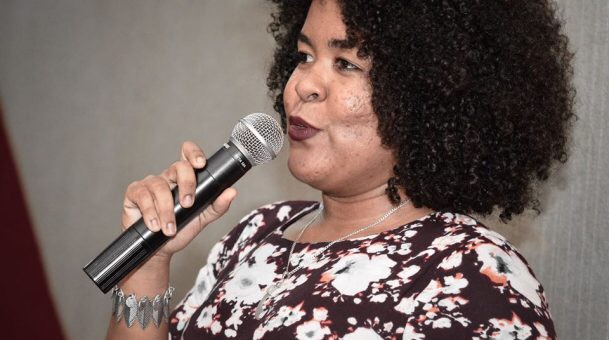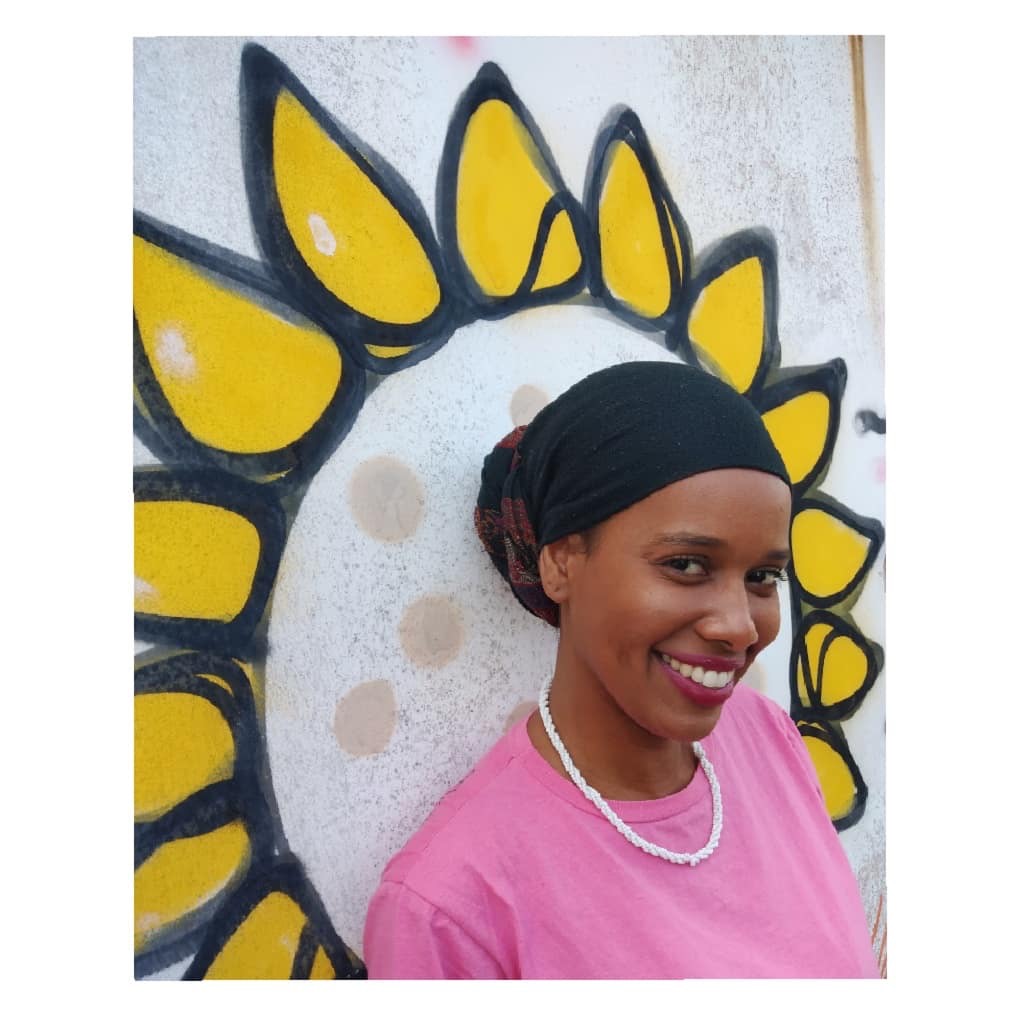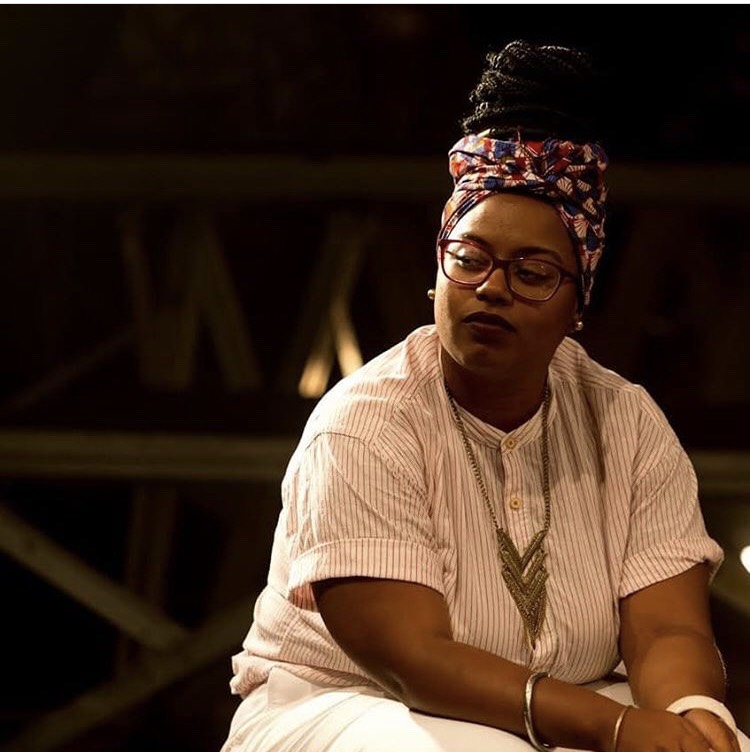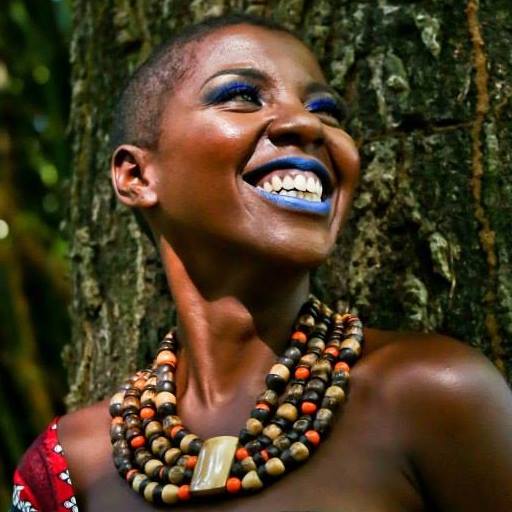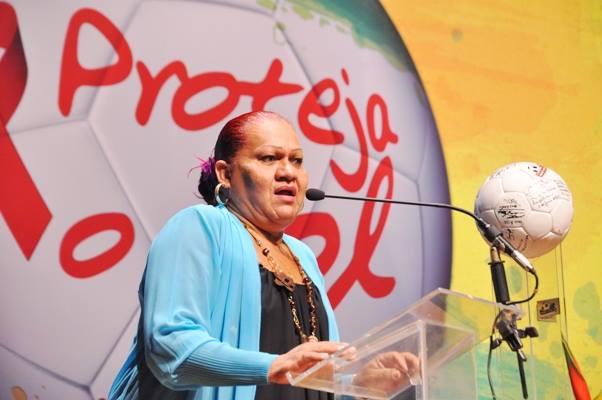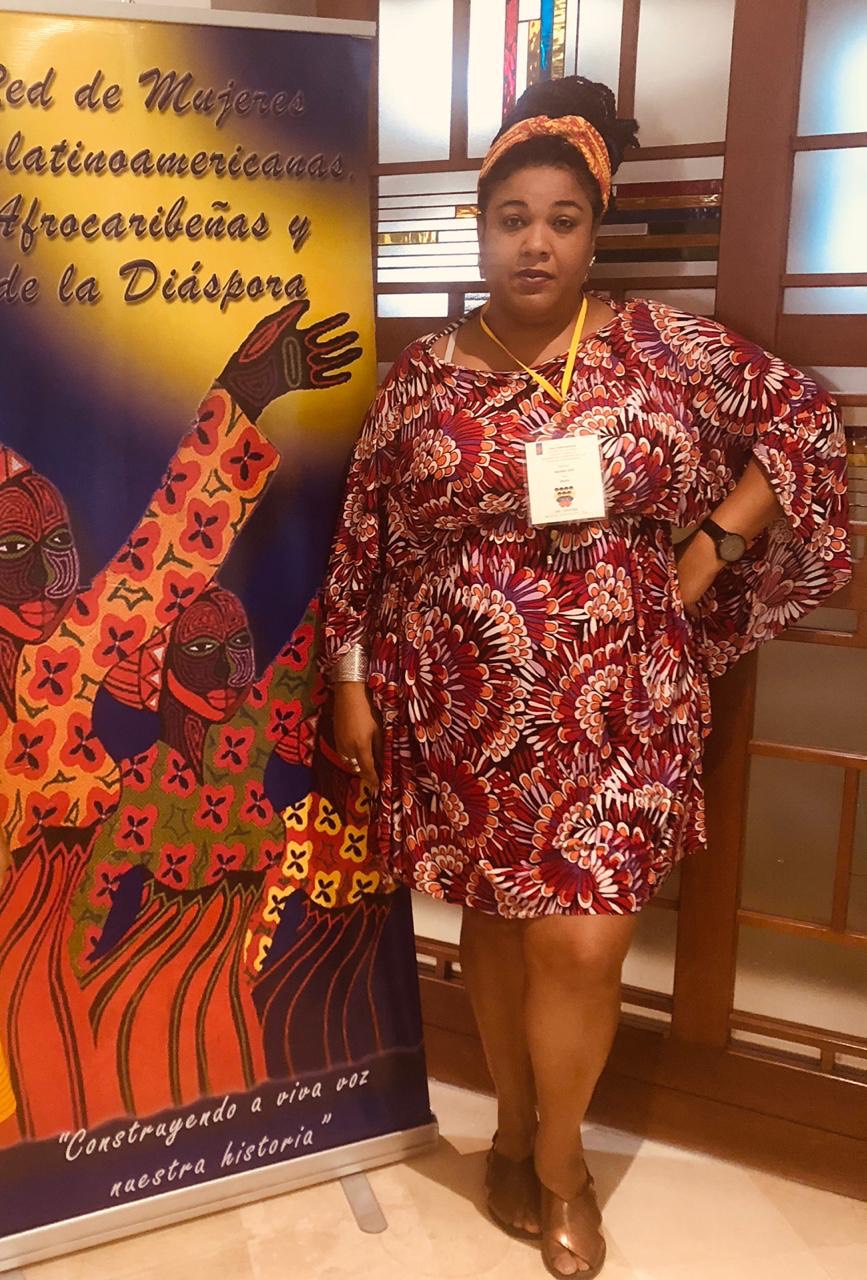7 Afro-Brazilian LGBT+ Women Activists in Salvador, Brazil You Need To Know
By Jaimee A. Swift
Afro-Brazilian LGBT women activists are revolutionizing politics in Salvador, Bahia, Brazil. You need to know their names.
Although Brazil houses the largest Black populous in the African Diaspora, throughout history and even now, Afro-Brazilian cultural, intellectual, and political productions are often overlooked and neglected. With such a vibrant political history and present, Afro-Brazilians have contributed to all facets of Brazilian society and transnational politics. In regards to activism, literature, and politics, Afro-Brazilian women –– particularly Afro-Brazilian women in the lesbian, gay, bisexual and transgender* (LGBT+) communities –– have been integral in challenging LGBTphobia, sexism, racism, machismo, gender-based violence, police violence, Evangelical assaults and religious racism against Candomblé terreiros and more through the power of their politics, the power of their theories, and the power of their praxis.
In Salvador, the capital city of the state of Bahia, Afro-Brazilian LGBTQ+ women activists have and continue to revolutionize politics. As one of the oldest cities in the Americas, the largest city in the northeast of Brazil, and the fourth largest city in the country where 80 percent of its 3 million residents identifies as Black, Salvador was the first capital of Brazil during Portuguese colonial rule. Moreover, Salvador was one of the first slave ports in the Americas. Labeled as the “Roma Negra” (Black Rome) because of its vibrant Afro-Brazilian culture, while Salvador remains a huge tourist attraction, enduring legacies of the enslavement period can still be felt in the contemporary. Moreover, chronic violence and discrimination against Afro-Brazilian LGBT+ Brazilians persists.
Get to know the Afro-Brazilian LGBT women activists who are not only challenging and resisting the enduring legacies of the enslavement period but who are catalyzing radical, Black LGBT+ spaces and are revolutionizing Black Politics in Salvador.
Alane Reis
Alane Reis. Photo Credit: Ismael Silva.
Alane Reis is a lesbian grassroots organizer, journalist, and a digital media specialist. Holding a master’s degree in Communications, she is the co-founder, editor, and reporter of Revista Afirmativa, a Black owned and managed digital and print media outlet dedicated to the Bahian and Black Brazilian community and for readers who are interested in human rights. With its mission to challenge the so-called objectivity and lack of inclusivity of traditional, white and heteronormative Brazilian mainstream media, Revista Afirmativa affirms positive, anti-stereotypical representations of Black Brazilians, especially Black Brazilian youth.
Reis is also a communications lead for Odara – Instituto da Mulher Negra (Odara – Black Women’s Institute), a Black feminist organization committed to the empowerment and autonomy of Black women in Salvador.
Ana Paula Rosário
Photo courtesy of Ana Paula Rosário.
Ana Paula Rosário is a bisexual political scientist and activist. She is the founder and creator of O Canal Corpo Político, a webinar that focuses on Black women’s political power, constructions, productions from an anti-racist, anti-sexist, and anti-LGBTphobic framework. Interviewing various Black women activists, poets, creatives and more, Rosário discusses various themes including the power of communication as a tool for political change, political system transformation, and more.
She is an activist of the Coletivo Crias da Mata, a collective of poets, students, activists ,and photographers that uplift and center Black perspectives. Rosário is also the communications program assistant for Odara – Instituto da Mulher Negra.
Rita Conceição
Rita Conceição. Photo via Open Library Pressbooks.
Rita Conceição is a lesbian anthropologist and a community activist. She is the founding director of Bahia Street, a non-governmental organization whose mission is to empower, build self-esteem, and autonomy of young Black girls who live in the peripheries of Salvador. Since the founding of Bahia Street in 1996, Conceição has received several awards for her activism, including “The World of Children” award from the United Nations’ Children’s Fund (UNICEF) in 2008 and the Ivy Inter-American Foundation award in 2009.
In 2014, she received the Lélia Gonzalez award from the Secretaria Nacional de Políticas de Promoção da Igualdade Racial (The National Secretariat of Policies for the Promotion of Racial Equality) and was the only person that year from Bahia to be awarded for her activism.
Daí Costa
Daí Costa. Photo via Instagram.
Daí Costa is a lesbian educator and cultural and political producer of Brazilian and transnational Afro-feminisms. A proud candomblista (a practitioner of Candomblé), she curates events about the religious, political, and ancestral importance of Candomblé terreiros or temples in Salvador. By organizing events at the Nzo Mungongo Lembeuaji Junsara, a terreiro located in Ondina, Salvador, she also highlights the political leadership of Black women who practice Candomblé and their resistance against anti-Black and racist religious terrorism.
Costa also is a member of Núcleo de Pesquisa e Extensão em Culturas e Sexualidades (The Culture and Sexuality Research and Extension Center) (NuCus) at the Universidade Federal da Bahia (UFBA).
Sanara Rocha
Sanara Rocha. Photo courtesy of Sanara Rocha.
Sanara Rocha is a bisexual multidisciplinary artist, actress, musician, and cultural producer who uses her creativity to advance Black Brazilian women’s artistic, cultural, and political productivity, and agency. Holding a bachelor’s degree in performing arts and a master’s degree in culture and identity from the Universidade Federal da Bahia (UFBA), Rocha’s work is dedicated to using the power of percussion to decolonize spaces and to center Black women’s bodies in various symbolic territories. A candomblista, Rocha uses the power of Afro-religious traditions and sacred drumming as a tool to catalyze Black feminist poetics.
She is a percussionist at the Núcleo Afro-Brasileiro de Teatro de Alagoinhas (the Afro-Brazilian Theater Center of Alagoinhas (NATA) and a member of NuCus at UFBA.
Keila Simpson
Keila Simpson. Photo: Genilson Coutinho.
Keila Simpson is a pioneering travesti leader, activist and grassroots organizer who fights on behalf of the LGBT community, with a special focus on securing human rights and justice for travestis and the transgender community in Salvador. As the president of Associação Nacional de Travestis e Transexuais (National Association of Travestis and Transexuals) (ANTRA), she works to ensure discrimination, prejudice, and transphobia against the transgender community are not overlooked. For decades, she has brought attention to the needs, concerns, and plights of the travesti and transgender community, particularly how violence against travestis and transgender people persists in Brazil.
Overcoming the chronic invisibilization by the Brazilian state and media on violence against the transgender community, Simpson was integral in creating the Mapa dos casos de Assasinatos de Travestis, Mulheres Transexuais, e Homens Trans (Map of the case of murders of Travestis, Transsexual Women, and Trans Men), detailing how often violence against these communities occurs.
Naiara Leite
Naiara Leite. Photo courtesy of Naiara Leite.
Naiara Leite is a journalist and has been working for over ten years in communication with Black women's organizations in Bahia, the Northeast region and Brazil. She has been dedicated to strengthening coping strategies against racism and all forms of oppression through communication tools. In No Coletivo de Mídia Negra Afirmativa (the Affirmative Black Media Collective) she is an articulator, writer, thinker, samba artist, joker, hopeful, and dreamer.
She is the coordinator of the communication program at the Odara Instituto da Mulher Negra (Odara Institute of Black Women). She was nominated by the organization, Think Olga, in 2016 as an inspiring woman for the creation of the Black youth communicating agency, Yalodês, which is formed by Black youth from the outskirts of Salvador. She is a communication consultant for social networks at the Fórum Permanente de Promoção da Igualdade Racial (Permanent Forum for the Promotion of Racial Equality) (FOPIR).








